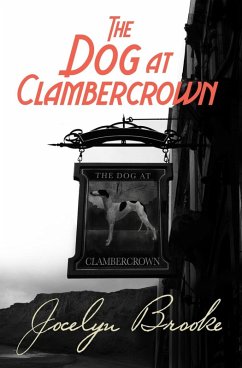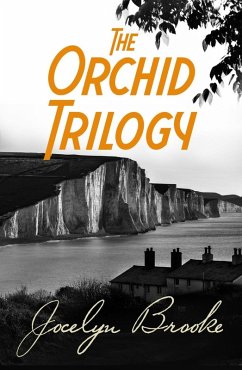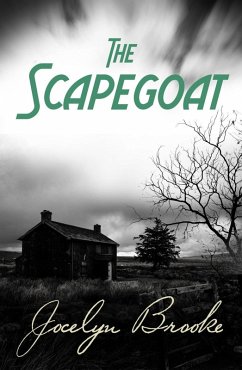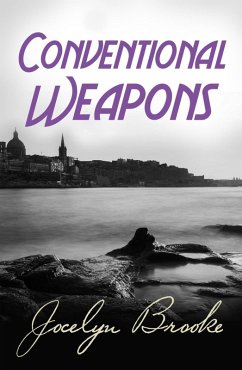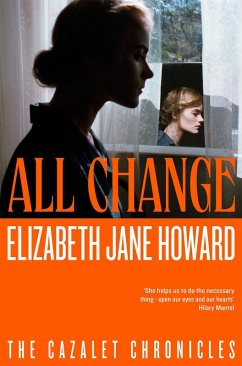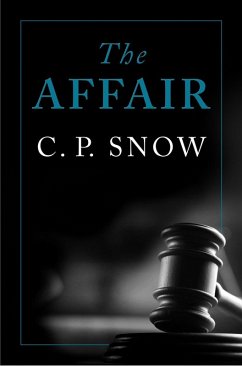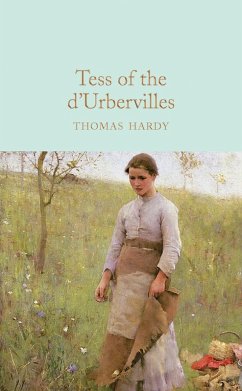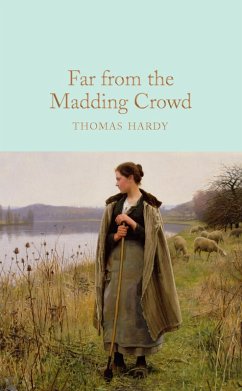
The Image of a Drawn Sword (eBook, ePUB)
Versandkostenfrei!
Sofort per Download lieferbar
2,99 €
inkl. MwSt.
Weitere Ausgaben:

PAYBACK Punkte
1 °P sammeln!
The calm of Reynard Langrish's quietly predictable life is shattered when, on a night of rain-swept storm, a stranger - a young soldier called Captain Archer - appears at his remote Kentish cottage. He takes Langrish to an ancient hill fort and introduces him to the men under his command, all of whom share a mysterious tattoo - two snakes entwined around a drawn sword - and are engaged in preparations to defend against a nameless menace, referred to only as 'the Emergency'.As the dreamlike narrative rapidly accelerates into Kafkaesque nightmare, Langrish is drawn into a world where illusion, p...
The calm of Reynard Langrish's quietly predictable life is shattered when, on a night of rain-swept storm, a stranger - a young soldier called Captain Archer - appears at his remote Kentish cottage. He takes Langrish to an ancient hill fort and introduces him to the men under his command, all of whom share a mysterious tattoo - two snakes entwined around a drawn sword - and are engaged in preparations to defend against a nameless menace, referred to only as 'the Emergency'.
As the dreamlike narrative rapidly accelerates into Kafkaesque nightmare, Langrish is drawn into a world where illusion, paranoia, and reality unite with lethal consequences, and disorienting shifts of time and perception culminate in a terrifying moment of pure horror.
Originally published in 1950, The Image of a Drawn Sword is steeped in the themes and images that occupy much of Brooke's writing - the relentlessness of time, suppressed homosexuality, condemned love, self-hatred, and futility; and, above all, an England that was both real and uniquely his own, a mystical, half-known natural world.
'In its way not inferior to Kafka . . . [it has] a haunting, sinister quality' - Anthony Powell
'Seldom have naturalism and fantasy been more strangely merged' - Elizabeth Bowen
'He is subtle as the devil' - John Betjeman
'The skill and intensity of the writing made peculiarly haunting this cry of complaint on behalf of a bewildered Man' - Pamela Hansford Johnson, Daily Telegraph
As the dreamlike narrative rapidly accelerates into Kafkaesque nightmare, Langrish is drawn into a world where illusion, paranoia, and reality unite with lethal consequences, and disorienting shifts of time and perception culminate in a terrifying moment of pure horror.
Originally published in 1950, The Image of a Drawn Sword is steeped in the themes and images that occupy much of Brooke's writing - the relentlessness of time, suppressed homosexuality, condemned love, self-hatred, and futility; and, above all, an England that was both real and uniquely his own, a mystical, half-known natural world.
'In its way not inferior to Kafka . . . [it has] a haunting, sinister quality' - Anthony Powell
'Seldom have naturalism and fantasy been more strangely merged' - Elizabeth Bowen
'He is subtle as the devil' - John Betjeman
'The skill and intensity of the writing made peculiarly haunting this cry of complaint on behalf of a bewildered Man' - Pamela Hansford Johnson, Daily Telegraph
Dieser Download kann aus rechtlichen Gründen nur mit Rechnungsadresse in A, B, BG, CY, CZ, D, DK, EW, E, FIN, F, GR, HR, H, IRL, I, LT, L, LR, M, NL, PL, P, R, S, SLO, SK ausgeliefert werden.




